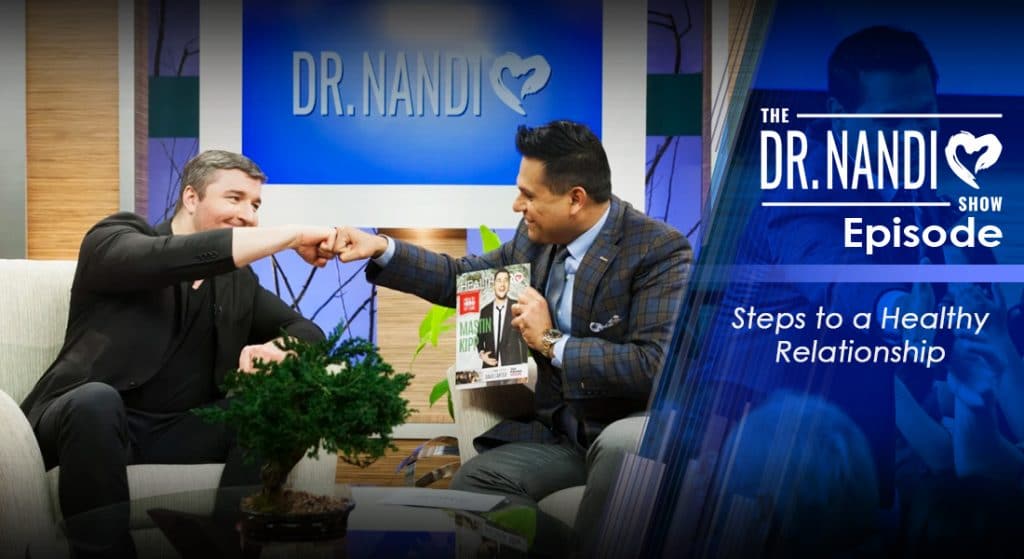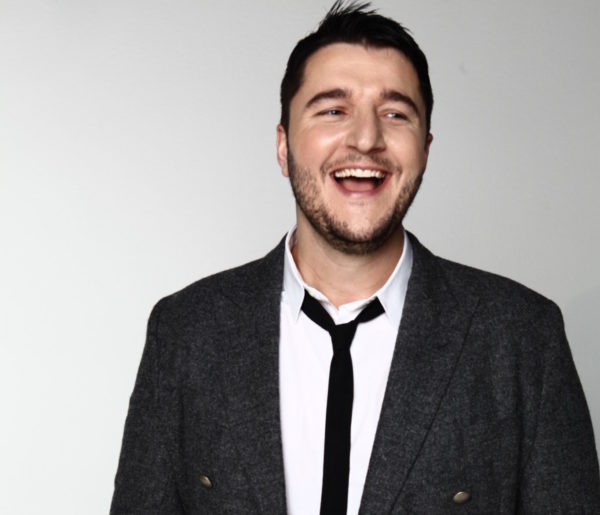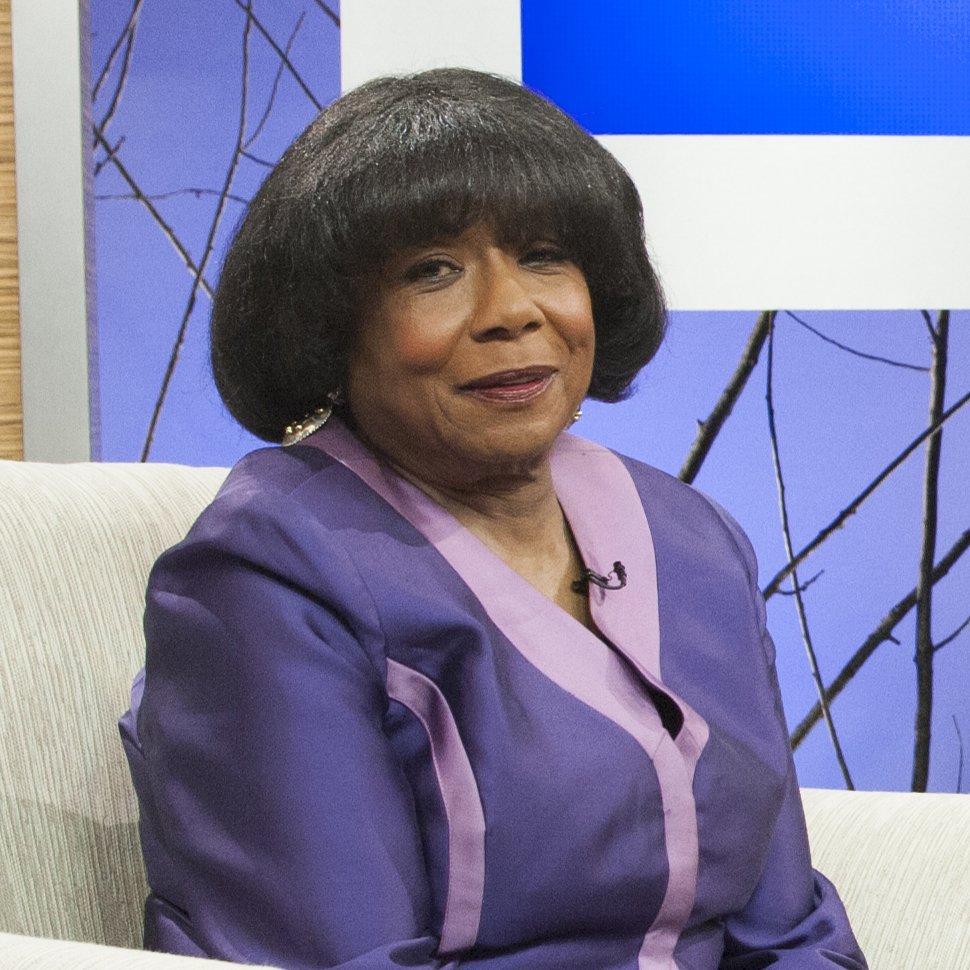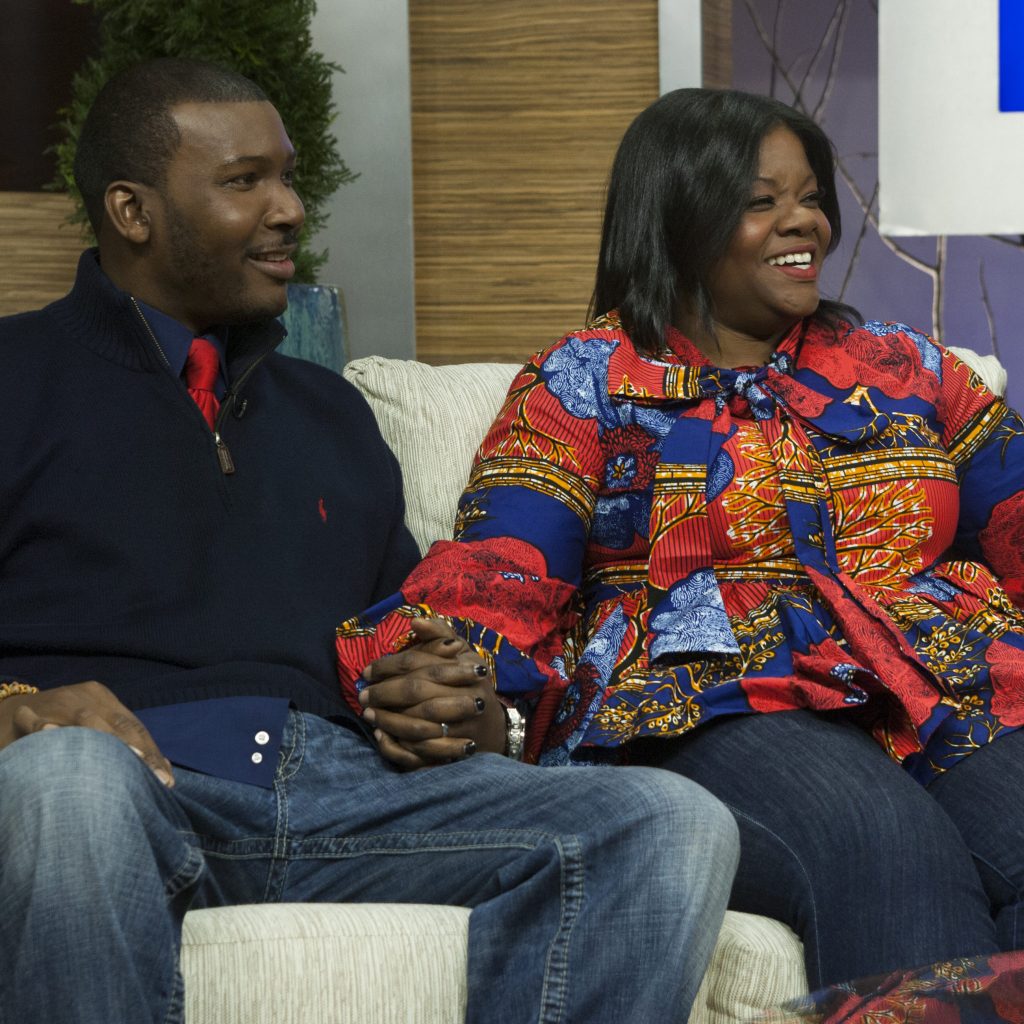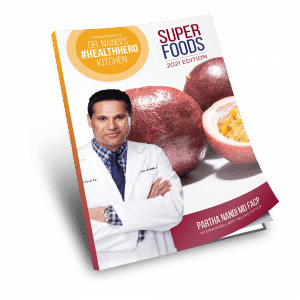Research shows that people who have healthy relationships have fewer chronic illnesses and they live longer. I find this to be true with my patients as well, but the key is, these relationships must be positive. Unhealthy relationships are draining and will likely impact your health in a negative way.
I’ve gathered a group of experts who are going to help you get more from your relationships, whether it’s with family, friends, spouses, or partners, you can take the steps to achieve healthy relationships.
MASTIN KIPP – IS YOUR RELATIONSHIP DRAINING YOU?
My good friend Mastin Kipp is a bestselling author and inspirational speaker. He’s here to discuss some ideas about relationship dynamics that may seem obvious, but so many of us get stuck in. Mastin says a healthy relationship is a two-way street. You can tell you’re in a toxic relationship, he says, when it leaves you feeling drained and dissatisfied. “I think, at the most basic, a healthy relationship is something that brings you good or sustained energy long term,” Mastin tells me. “It’s not something that drains energy from you, but brings energy to you, and it’s a relationship that you’re growing from.”
The place where it all starts? You’ve heard it before…communication. Mastin explains the importance of listening, taking in the information and thinking about what it means, where it’s coming from, what the motivation is. “Communication starts with the idea that you’re having your own experience. It has nothing to do with me. Your thoughts, feelings, emotions, complaints about me, have nothing to do with me.” What he means by that is, you have to try and understand that even though your partner may be talking about you, it’s really about them…their feelings. Mastin also tells me about the importance of planning an important conversation, watch to find out what to do and what not to do.
TERRI ORBUCH – THE KEYS TO STRONG RELATIONSHIPS
Known as the Love Doctor, Dr. Terri Orbuch has been conducting a long term study on marriage and love. She’s here to talk about what she’s discovered after following 373 couples for the past 30 years. What Dr. Orbuch found was couples who gave each other affirmation and appreciation on a regular basis were much more likely to have a marriage that lasted. And, surprisingly this was actually more important to men than women. “When husbands said that they got regular affirmation from their wives, that couple was almost two times more likely to stay together over time,” Dr. Orbuch tells me. She also discovered that sex is equally important to men and women, but not for the same reasons. We also discuss two things that happily married couples say are very important to them.
LYN LEWIS – HOW TO REALLY LISTEN TO YOUR PARTNER
Therapist and relationship expert Dr. Lyn Lewis joins me to discuss the importance of remembering to think in stressful moments. “Emotions can fluctuate, and they will take you places you may not want to go,” she tells me. “But if you think before you act, and if you think before you feel, you’ll have a better chance of having the results that you can live with.” This is great advice, but as we all know it can be, at times, hard to follow. What it really all comes down to is communication, Dr. Lewis says. You have to really look at your partner, take in their body language and gestures. She also emphasizes the importance of not interrupting, “You must not be thinking about what you want to say, because that distracts you from what the person is saying,” she tells me.
Dr. Lewis and I also discuss the difficulties faced by interracial and LGBT couples. We talk about the negative external forces that they have to deal with when people oppose their relationships. Watch as Dr. Lewis gives relationship strengthening tips to help overcome these prejudices.
KARLA AND EMMETT MITCHELL – SURRENDERING TO YOUR RELATIONSHIP
Dr. Karla and Emmett Mitchell have known each other since they were 8-years old. Emmett tells me their love grew organically, “We went to elementary school, middle school, high school together, grew up in the same neighborhood.” Married for 10 years, they’ve actually been a couple for 24 years and have five children. Dr. Karla explains the challenges of being together from such a young age, “It’s hard to be yourself when you’re part of something else, and especially when you’re young and you don’t know who you are yet.” The Mitchell’s share with me the secret of their long and strong relationship. They talk about their foundation of love; the importance of “We” over “Me”; and surrendering to their relationship.

